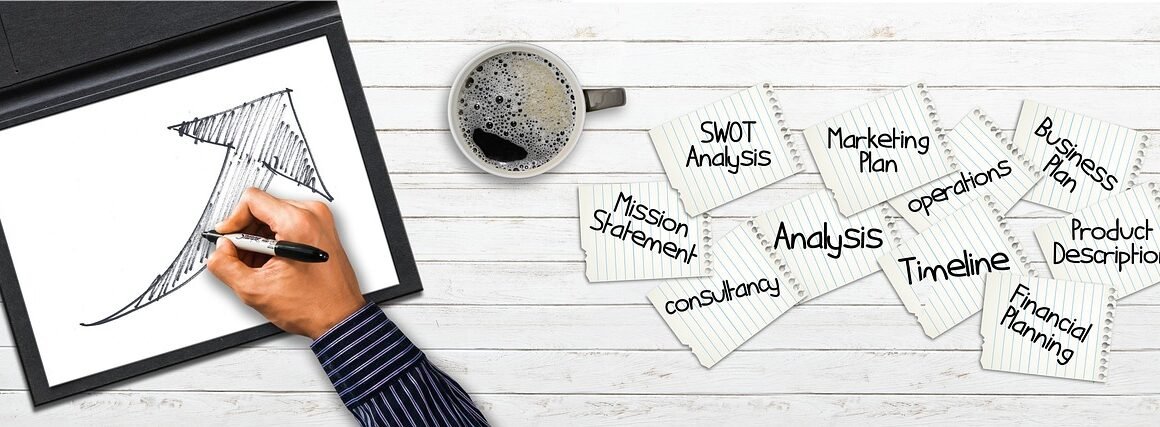Understanding Credit Cards: A Comprehensive Guide
Credit cards have become an integral part of modern financial life, providing convenience, security, and even rewards for everyday purchases. However, with countless options available, it can be daunting to navigate the world of credit cards. In this blog post, we will explore everything you need to know about credit cards, from how they work to their various types and benefits, equipping you with the knowledge to make informed financial decisions.
How Credit Cards Work
Credit cards allow consumers to borrow funds up to a predetermined limit to make purchases or withdraw cash. When used responsibly, they can enhance your financial flexibility and even improve your credit score. Here’s a breakdown of how they function:
Credit Limits and Interest Rates
- Credit Limit: The maximum amount you can charge to your card. Exceeding this limit may incur fees or declined transactions.
- Interest Rates: Typically expressed as Annual Percentage Rate (APR), this is the cost of borrowing money on the card if the balance isn’t paid in full each month.
Monthly Billing Cycle
Credit cards operate on a billing cycle, typically lasting 30 days. After this period, you will receive a statement that includes:
- Your total balance
- The minimum payment due
- The due date for payment
Types of Credit Cards
Understanding the various types of credit cards can help you find the one that best aligns with your financial goals. Here are some common categories:
1. Standard Credit Cards
These cards offer basic benefits and are suitable for people looking to build or maintain their credit without extravagant features.
2. Rewards Credit Cards
These cards provide points, miles, or cash back for purchases, making them ideal for consumers who want to earn benefits on spending:
- Cash Back Cards: Earn back a percentage of purchases.
- Travel Rewards Cards: Accumulate points for flights and hotel stays.
3. Secured Credit Cards
Designed for individuals with limited or poor credit history, these cards require a cash deposit as collateral. They are a great way to rebuild credit.
4. Business Credit Cards
These are suited for business owners, offering features tailored for business expenses, tracking, and maximizing rewards on company spending.
Benefits of Using Credit Cards
Utilizing credit cards effectively offers numerous advantages, including:
- Building Credit History: Responsible usage can help you establish a positive credit score.
- Purchase Protection: Many cards offer robust fraud protection and dispute resolution services.
- Earn Rewards: Cash back, discounts, and travel points can save money.
- Emergency Funds: Access to credit can be invaluable during financial emergencies.
Potential Drawbacks of Credit Cards
While credit cards can provide significant benefits, they also come with risks that savvy consumers must consider:
Accumulating Debt
When balances are not paid in full, it can lead to:
- High-interest charges
- Debt accumulation that may become unmanageable
Fees and Penalties
Be mindful of potential fees, including:
- Annual Fees: Some credit cards charge yearly to maintain membership.
- Late Payment Fees: Failing to pay on time can increase your total amount due.
Tips for Using Credit Cards Responsibly
To maximize the advantages of credit cards while minimizing risks, consider these practical tips:
- Pay Your Balance in Full: Avoid interest charges by paying your balance each month.
- Set a Budget: Use your card as a tool, not a crutch; stick to a well-considered budget.
- Monitor Your Credit Score: Regularly check your credit reports to ensure accuracy and understand your standing.
- Know Your Rewards Programs: Familiarize yourself with your card’s rewards structure to maximize benefits.
Conclusion
Credit cards can be powerful financial tools when used wisely. By understanding how credit cards work, exploring the different types available, and being aware of their benefits and risks, you can make informed decisions that support your financial health. Whether you seek to build credit, enjoy rewards, or simply benefit from the convenience of credit, the right card can enhance your purchasing power. Remember to always use credit responsibly to avoid pitfalls and make the most of this valuable financial resource.




